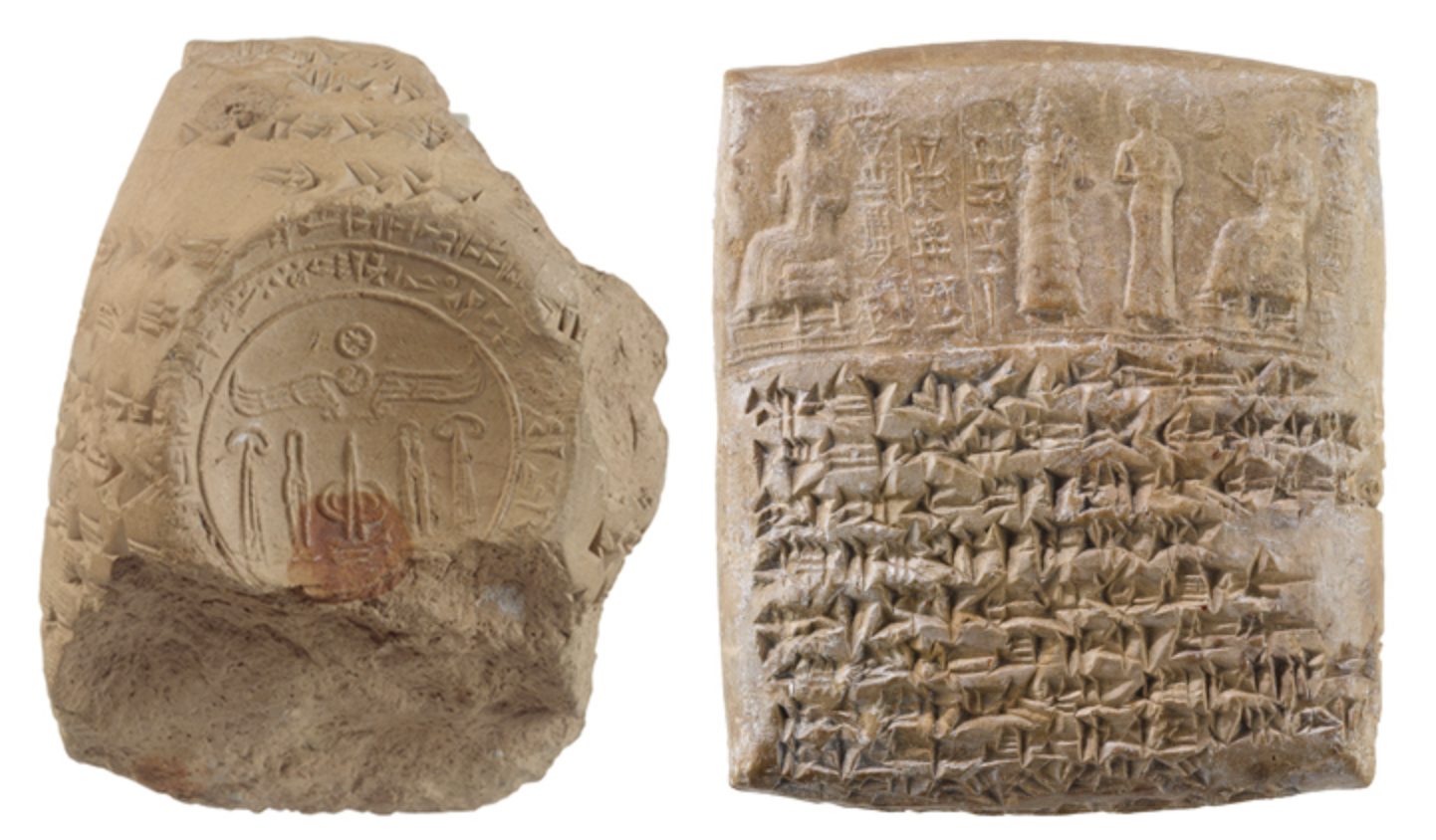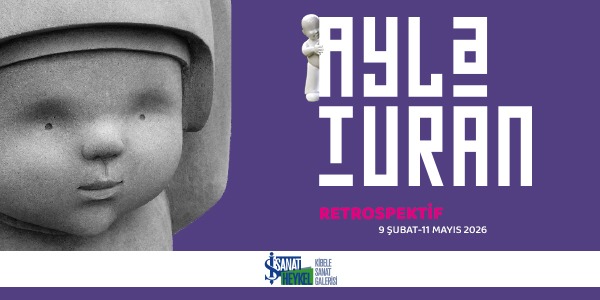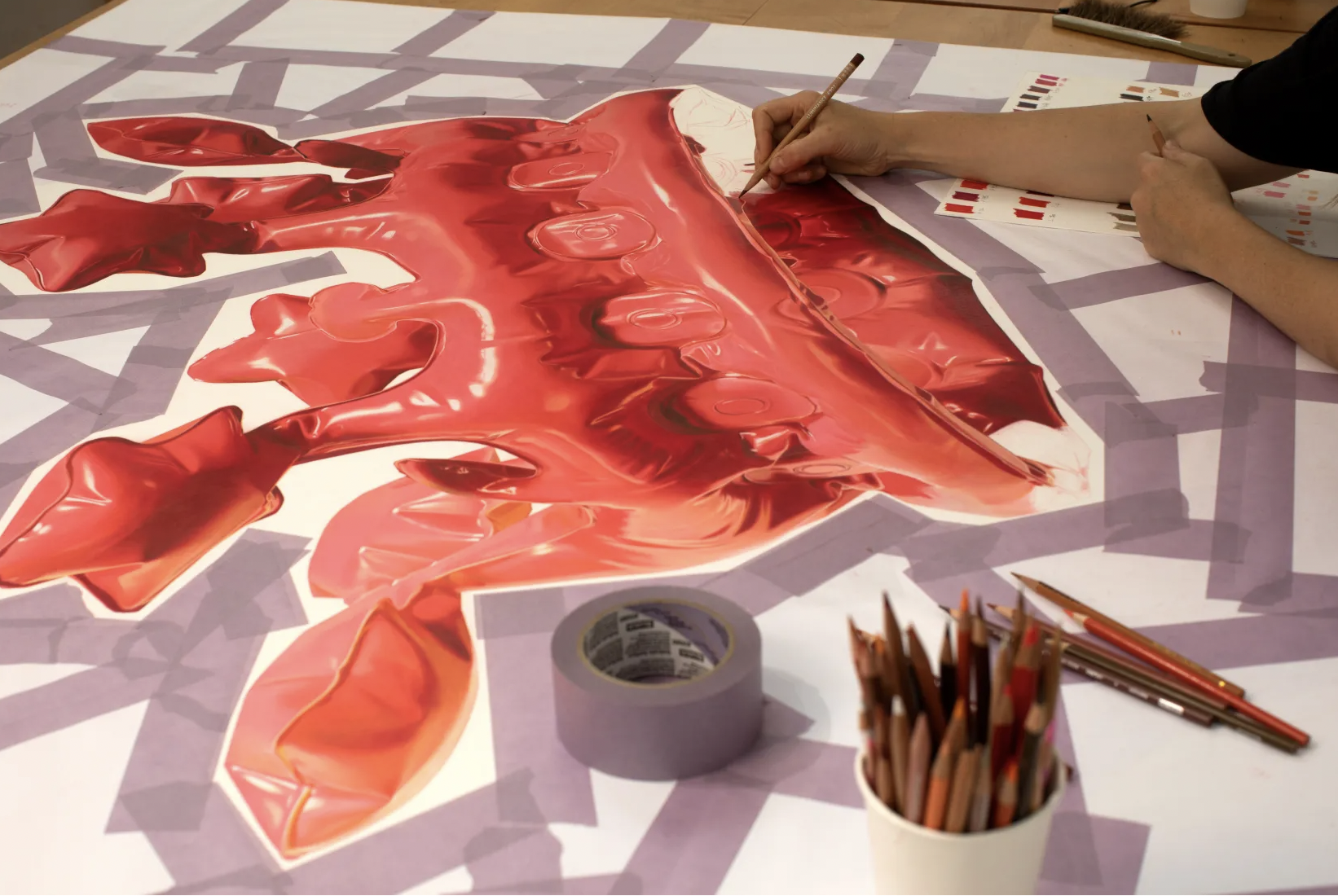According to Anadolu Agency, Murat Akar of Hatay Mustafa Kemal University and his colleagues discovered a 3,800-year-old clay cuneiform tablet while working at the site of a palace in southern Turkey’s Accana tumulus.
The mound, identified as the remains of Alalakh, the capital of the Mukish Kingdom during the Middle and Late Bronze Age, had been damaged by the earthquakes that occurred earlier this year.
Written in Akkadian, the cuneiform text refers to an agreement made by Yarim-Lim, a king of Alalakh, to purchase another city. “It proves [to] us that those kings had the economic power and potential to buy another city in those times,” Akar said. “There is also the name of the important people of the city who witnessed this sale on the tablet, most likely,” he concluded.
About Ugarit and Bronze Age Cuneiform Tablets
Urtenu was a Late Bronze Age merchant of some status. From his town house in Ugarit, on the coast of Syria, he ran a trading firm that conducted business on behalf of the state. Beginning sometime before 1200 B.C., he kept letters, accounting ledgers, and administrative texts documenting the export of copper ingots, wood, and other goods from the interior of Syria and the import of wares from Cyprus and Egypt. Urtenu also sent and received diplomatic letters and had an impressive list of contacts. Among the 650 baked clay tablets found in the ruins of his house thus far, archaeologists have turned up missives to and from the kings of Egypt, Assyria, Beirut, and the Hittite realm in what is now Turkey. Urtenu corresponded with these potentates in the name of the king of Ugarit. He seems to have been a cultured man, too. Archaeologists found passages from the ancient Mesopotamian poem the Epic of Gilgamesh in his house, written, like almost all surviving texts in Ugarit, on densely inscribed tablets.
Between 1200 and about 1185 B.C., Urtenu’s correspondence took on a more ominous tone. Polite requests for help turned into increasingly desperate pleas as severe drought and famine began to upend life in the kingdoms and city-states around Ugarit. The tablets speak of biru, “hunger” in the Akkadian language, which was widely spoken in the Levant, spreading across the landscape. “If there is any goodness in your heart, then send even the remainders of the [grain] staples I requested and thus save me,” pleads a Hittite official. Food shortages were becoming dire. “In the land of Ugarit there is a severe hunger. May my Lord save it, and may the king give grain to save my life…and to save the citizens of the land of Ugarit,” wrote Ugarit’s king Ammurapi (ca. 1215–1190 B.C.) to the Egyptian pharaoh Seti II, who ruled from about 1200 to 1194 B.C.
War was also coming. One letter, likely one of the archive’s last and probably never sent, speaks of invaders appearing off the coast and establishing a beachhead at Ra’su, barely five miles from Ugarit. In the letter, Ammurapi begs the viceroy of the Hittite vassal city-state of Carchemish, “Send me forces and chariots and may my lord save me from the forces of this enemy!” The enemy was almost certainly the so-called Sea Peoples, maritime marauders whose identity remains unclear and who overran Ugarit and burned it to the ground. It did not fall alone. At the same time, across the eastern Mediterranean, cities and trading networks were threatened by drought, invasion, mass migration, and possibly local insurrection. Egypt’s dynastic system survived a cataclysmic battle with the Sea Peoples in 1177 B.C., but Mycenae and Pylos in Greece, and states in Cyprus, Canaan, and Turkey were all obliterated in what scholars have termed the Late Bronze Age collapse.









